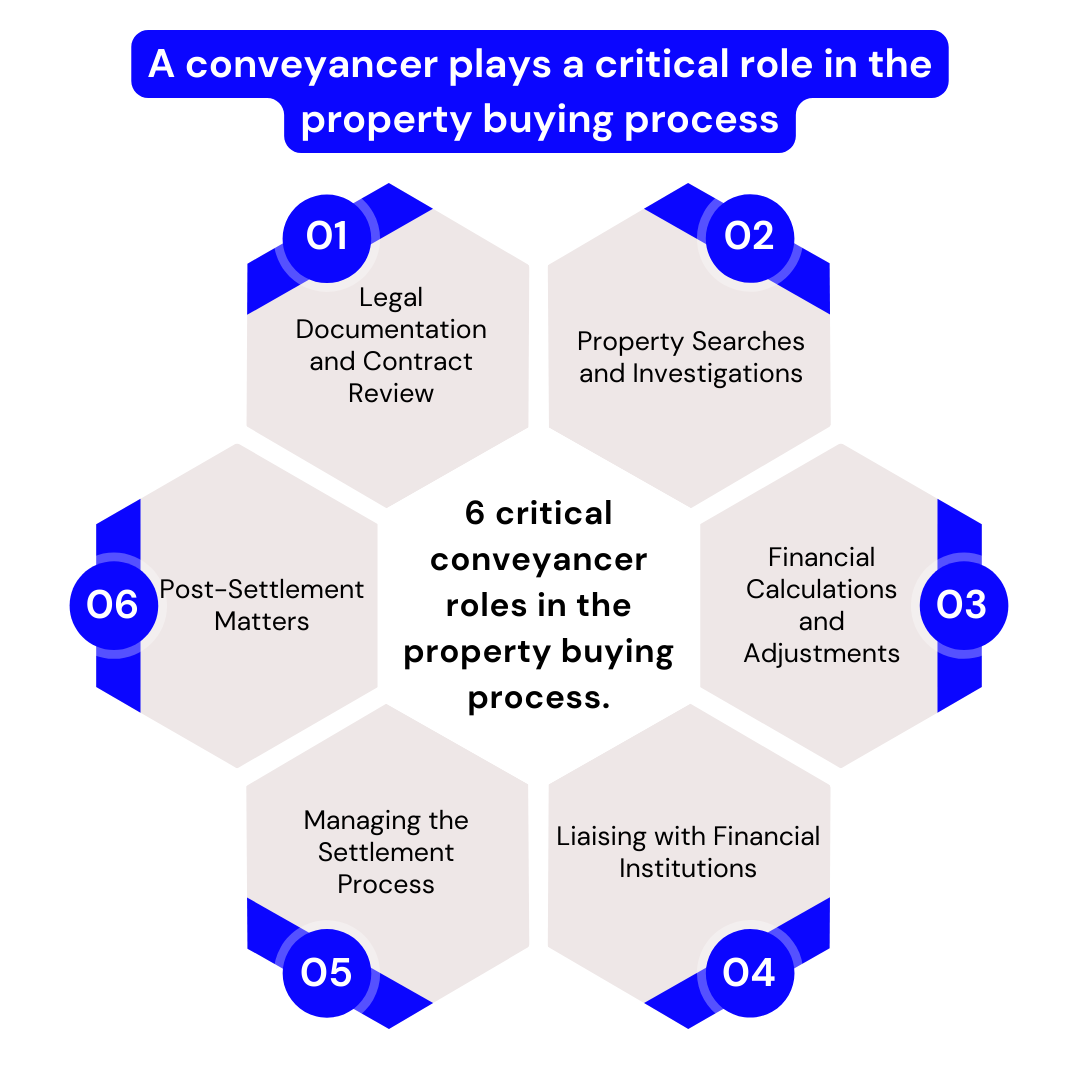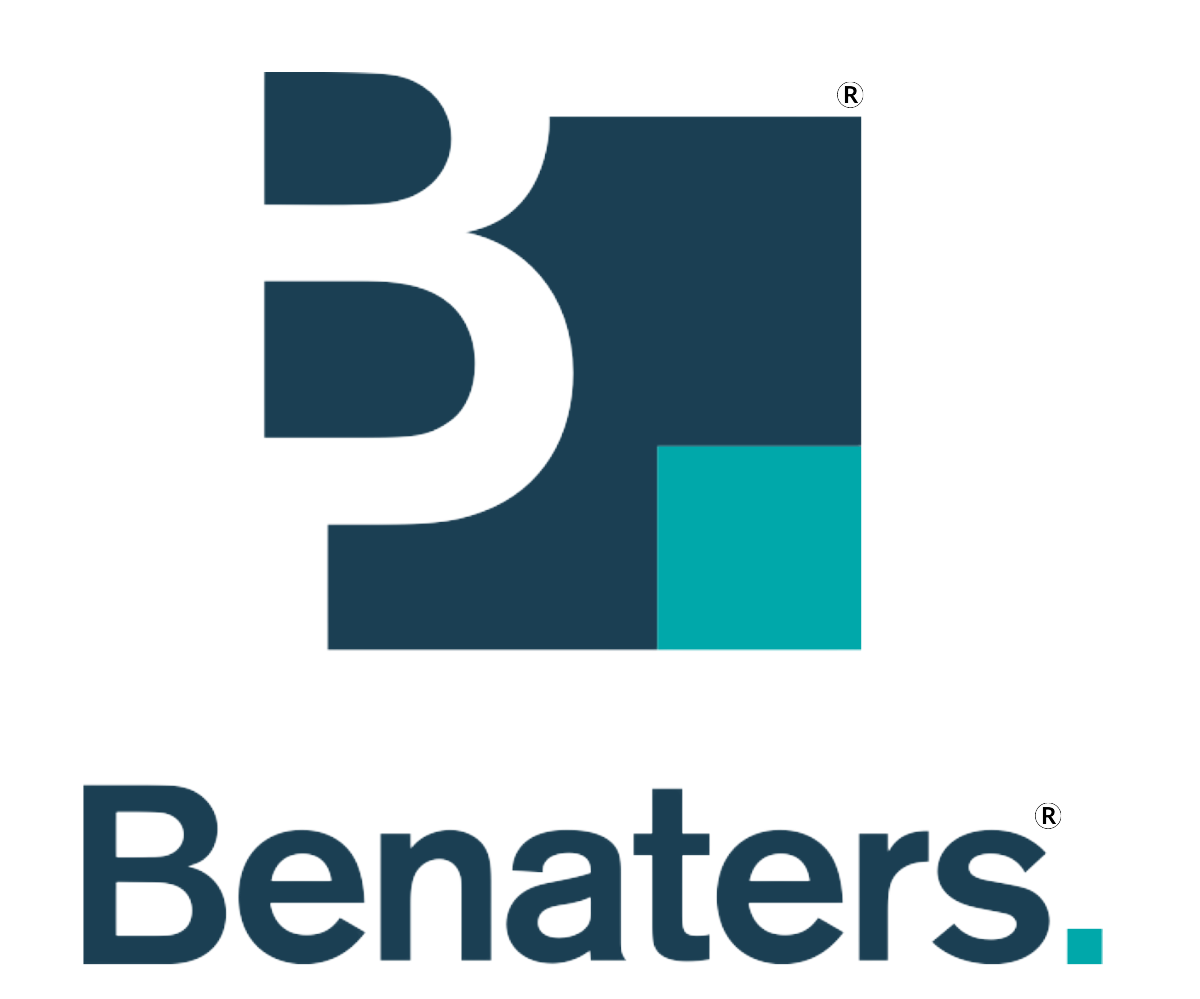Conveyancer Fundamentals Explained
Conveyancer Fundamentals Explained
Blog Article
The 5-Second Trick For Conveyancer
Table of ContentsConveyancer Can Be Fun For EveryoneLittle Known Facts About Conveyancer.The Best Guide To ConveyancerThe smart Trick of Conveyancer That Nobody is DiscussingFacts About Conveyancer Revealed
This involves sending out a transfer deed to the Land Computer system registry. It guarantees the customer's name is signed up as the brand-new proprietor. Communicating with the Land Computer registry, a government division, updates the general public document with the property's latest owner. The buyer's solicitor deals with the stamp task land tax obligation after possession transfer.It's payable to HM Revenue & Traditions. Buyers require to pay this quickly, usually within 2 week of completion, to stay clear of penalties. Property acquisitions come with fees, and conveyancing is no exemption. Conveyancing fees cover 2 main locations: the conveyancer's cost and disbursements. The conveyancer's cost is for the lawful work of moving home.
Repaired cost conveyancing charges an established rate for conveyancing work. It's a common price regardless of the work's intricacy. No Sale No Fee conveyancing ('NSNF') charges just if the purchase achieves success. This choice could come with higher costs to counter risks. It's suggested to obtain numerous quotes from conveyancing solicitors.
Picking a specialist is vital to a smooth property purchase. For a conveyancer search, ask friends or family that have actually gotten residential or commercial property. Estate agents may additionally advise conveyancers.
Some Known Questions About Conveyancer.
While both conveyancing solicitors and licensed conveyancers are more than qualified of taking care of the whole purchasing and selling procedure, if there are any various other legal factors that must be dealt with during the transaction (such as exactly how you leave residential property in your Will), a conveyancing lawyer may be a better selection.

You ought to understand that almost always conveyancers pay recommendation costs to the representatives for introduction of a new customer. Offered that the estate agent gets an economic advantage if you choose their conveyancer, you should think about every one of your options and go to several conveyancer and contrast their fees and reviews
Ask about their regional residential property experience, fees, and the expected conveyancing timeline. Confirm their get in touch with details for simple interaction. You might have listened to the term 'self-conveyancing'. While practically feasible, the procedure lugs threats and challenges. It is possible to do your own conveyancing. Nothing lawfully bans purchasers and sellers from working as their own conveyancer.
The Only Guide to Conveyancer
Conveyancing involves lots of legal terms and complex processes. One oversight can jeopardise your building legal rights.
A conveyancer has the knowledge to take care of complexities, guaranteeing a smoother procedure. A conveyancer assists when you're marketing. A conveyancer assists in the preparation of lawful documents needed for the residential property sale. These files consist of title acts, residential or commercial property details check this kinds, and fixtures and installations checklists. Preparing the sale agreement is one more task, laying out terms of sale, residential property rate, boundaries, and legal rights of way.

The Definitive Guide for Conveyancer
This post will explain the relevance of the duty and the different kinds of professional conveyancers.

Conveyancers should follow lawful procedures when preparing and refining papers for the transfer of building from a single person to another. A conveyancer can just act on part of both celebrations in certain conditions - as an example, if both celebrations are relevant or they are in organization partnership together. Yet a conveyancer should not substitute both celebrations if they have a problem of rate of interest in regard to the purchase.
The account requires to be approved by Consumer and Organization Solutions (CBS) and be kept in a bank, developing culture or lending institution. You must: maintain all documents of trust moneyissue thorough receiptsarrange for accounts and records to be investigated yearly. Conveyancing companies need to have specialist indemnity insurance Read More Here coverage. You require to show proof of the insurance coverage when you restore your registration yearly - as an example, a copy of the insurance policy certification.
See This Report on Conveyancer
Conveyancing is the lawful procedure through which the legal possession of a stationary property is obtained. Basically, a brand-new action of transfer is formulated by a conveyancer and lodged at the deeds office. In this article, we will certainly look at every little thing you require to understand about conveyancing. A conveyancer is a lawyer who has actually been experts (and qualified) in the prep Going Here work of acts records which by legislation are registrable in the Deeds Computer system registry.

A conveyancer is essentially the transfer lawyer of a residential or commercial property, a bond lawyer taking care of a brand-new bond registration, or a termination attorney attending to the termination of existing bond(s). The conveyancer gets all the lawful paperwork in order to have the ability to file with the Deeds Workplace. When you buy a building, the seller will certainly appoint a conveyancer who will certainly file with the Deeds Office to get the residential property moved to your name.
Report this page